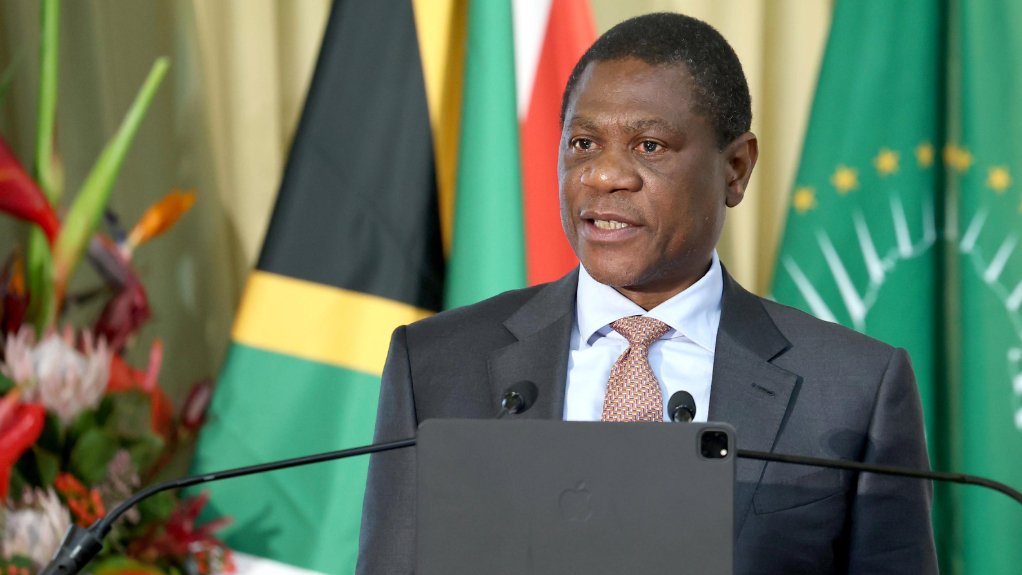Deputy President Paul Mashatile on Friday called for urgency in enhancing State capacity, as he acknowledged that there are areas where the country’s State machinery still lags, which he said hinders the ability of government to deliver on the promises of the Constitution.
Mashatile was speaking during a roundtable dialogue in Pretoria on strengthening the political-administrative interface, stressing that effective governance required more than good intentions.
It demanded functional systems, clear accountability, and seamless coordination between those who set policy and those who implemented it, he said.
“…it tells us what many of us have long known, but perhaps not yet fully addressed, that the high turnover among directors-general (DGs) and heads of department (HoDs) erodes institutional memory, undermines policy continuity, and dampens morale,” he pointed out.
Mashatile said political interference in administrative decisions across government and State-owned enterprises— particularly in appointments, procurement, and financial management — created a precarious environment, which he argued made even the most qualified professionals hesitant to serve or unable to act with integrity.
He said the net effect of these institutional weaknesses was the erosion of the trust of the people, undermining investor confidence, and compromising our standing in the international community as it perpetuated the perception of a failing State.
He further noted that a “capable and developmental” State referred to a government that had the essential resources and skills to successfully execute policies that fostered economic growth and enhanced the well-being of its citizens.
He highlighted that this required a knowledgeable and effective public service, strong institutions, and a dedication to tackling the fundamental issues of poverty and inequality.
He said South Africa had made strides in the past, overcoming immense challenges to secure its democracy and pursue socioeconomic progress, noting that a developmental, capable and ethical State required skilled managers, especially DGs and HoDs, with clear lines of authority and accountability to execute their duties in a way that achieved optimal outputs and agreed outcomes.
“…this requires a political and administrative environment that is free from undue political interference, with effective systems, and with a consistent and fair application of rules,” he explained.
Mashatile said if government was serous about building a capable, developmental and ethical State, it must move from compliance to coherence, from fear to integrity and from institutional drift to decisive alignment.
“These calls, amongst others, urge that we re-visit our institutional design to respond to governance deficits that in certain instances manifest themselves through acts of corruption and malfeasance. The recently launched White Paper on Local Government, which seeks to review the 1998 version, is one among the many interventions being undertaken by this administration,” he assured.
He acknowledged that government needed to deal with corruption, which he said jeopardised sustainable economic development, ethical principles, and justice.
He pointed to the lack of consistency in leadership and institutional memory, particularly of DGs, which he said compromised government’s ability to implement and oversee policies in the long term.
He said government needed to work towards the de-politicisation of the public service through the recommended policy and legal reforms, to make significant strides in the implementation of the country’s development goals.
He further pointed out that the question of political and administrative interface continued to be a source of concern for a well-functioning government that provided services to its citizens.
He highlighted that there was strong recognition that a successful and professional public service must be supported and enabled by a sound legal framework, guided by constitutional principles and robust legislation.
“…equally important is the cultivation of strong intergovernmental relations that enable seamless cooperation across national, provincial, and local spheres,” he said.
EMAIL THIS ARTICLE SAVE THIS ARTICLE ARTICLE ENQUIRY
To subscribe email subscriptions@creamermedia.co.za or click here
To advertise email advertising@creamermedia.co.za or click here











